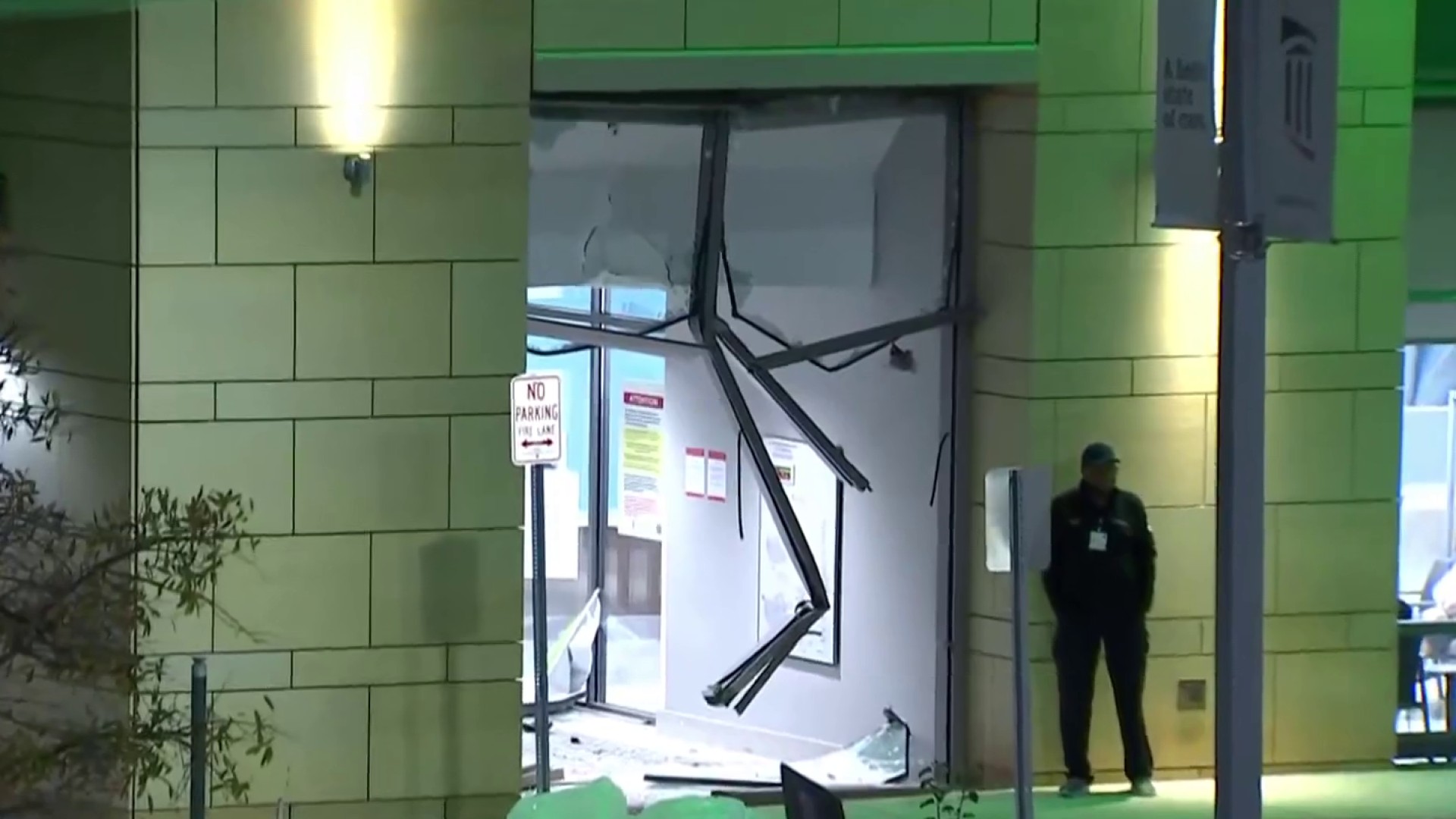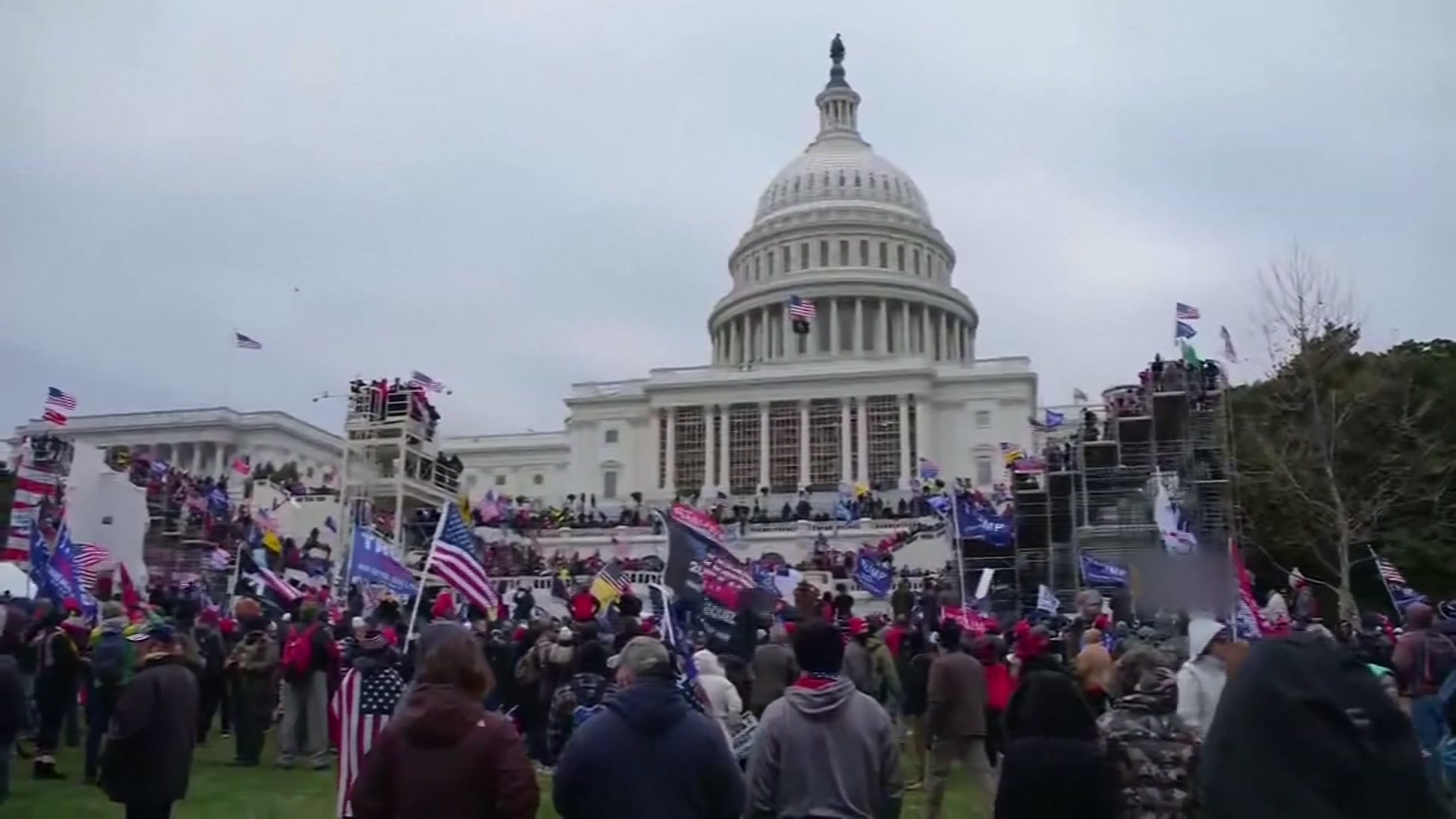A 19-year-old in Alexandria who has been battling a rare disease since November organized a donor drive Sunday to help connect people with an opportunity that could be life-saving, after finding her own transplant match just before Valentine’s Day through the Be the Match registry.
Aleyda Brown has “a type of leukemia that’s never been discovered before. It’s a type of T-cell leukemia,” her mother, Khiarra Kosling, said. Kosling explained that her daughter’s leukemia doesn’t respond to chemotherapy.
“There are no drugs that can treat the cancer and allow her long term survival,” she said.
Brown’s only option is a stem cell transplant.
Kosling explained that there are specific biomarkers that everyone has on their cells, and the ideal match for a donor would share all of those biomarkers.
“We’ve been unable to find a donor with 10 out of 10 biomarkers,” Kosling said. “We have however found a nine out of 10, and doctors feel very confident.”
Brown’s story is proof that everyday people can become just as important as experts as potential donors. Their bodies may hold the key to someone’s survival, and finding out starts with a simple cheek swab.
Local
Washington, D.C., Maryland and Virginia local news, events and information
“We register people between the ages of 18 and 44, and then they stay on the registry until they’re 60,” Beth Carrion, of Be the Match, the world’s largest stem cell donor registry, said.
Local efforts like the donor drive Brown and her mother hosted are so important, because the information acquired goes into a world-wide database, giving people from all over a chance at a match.
However, Carrion said that since the pandemic began, the number of people signing up has decreased. One hurdle, she said, could be donors’ fears about how they would actually donate their stem cells.
“Technology has changed so much that 80% of the time we actually collect it through the veins,” Carrion said. “So it’s called an aphaeresis procedure. It’s very similar to giving platelets or plasma.”
Minority donors are especially needed, as ethnicity can be a major determiner of donor and recipient compatibility.
That’s all part of the message behind the drive, hosted by one young woman and her mother, desiring to help others find the promise that she found.
Brown even has her post-victory plan ready.
“She’s decided that once she is out of treatment she would like to go back to nursing school and dedicate her life to pediatric oncology nursing,” Kosling said.
If you would like to register in the donor registry to help people like Brown, you can visit join.bethematch.org/4aleyda.



